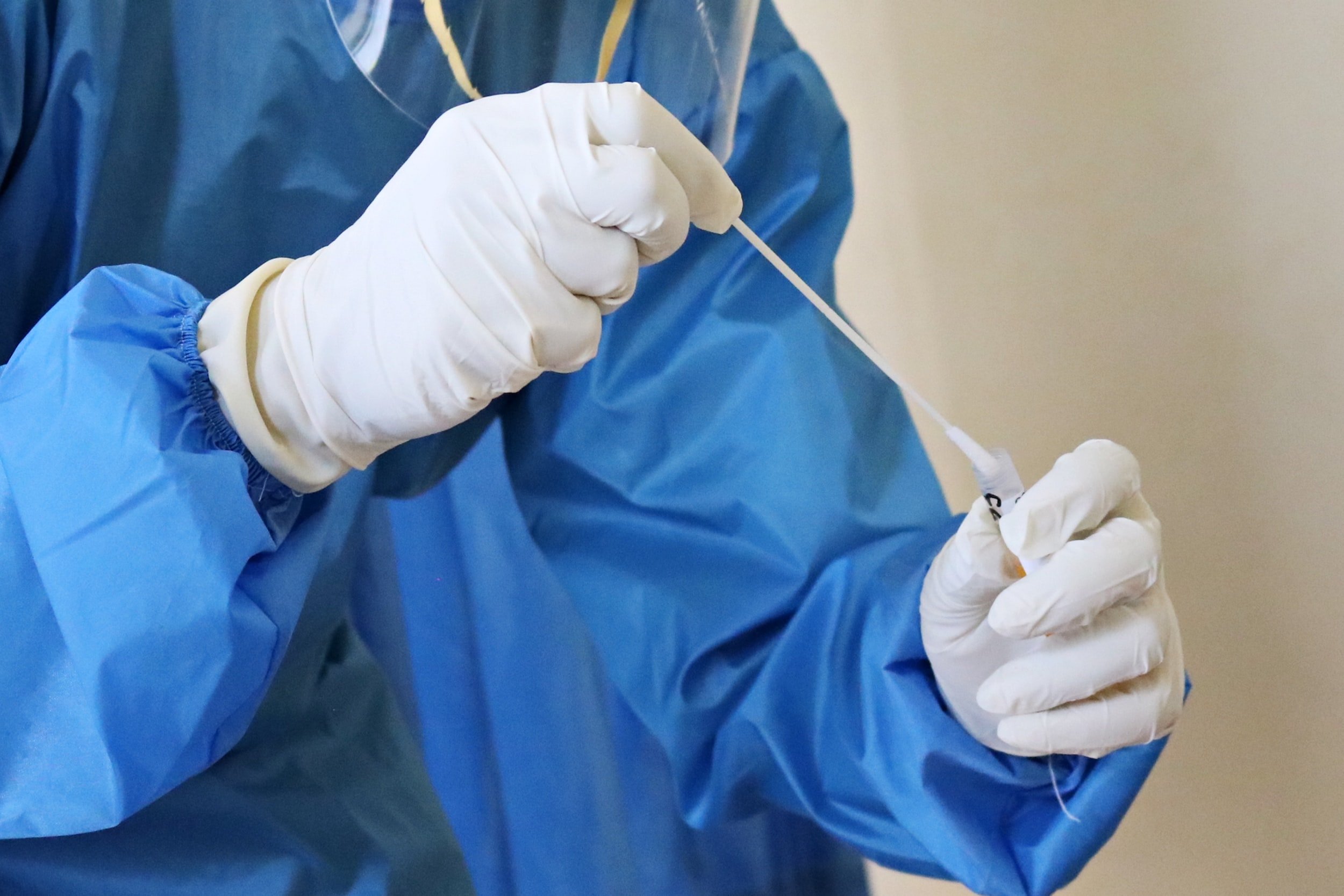Along with social distancing and self-isolation, testing has been one of the best ways to ensure that the COVID-19 virus spread is restricted. Testing also helps identify the people who are infected with the virus so that healthcare professionals can help prevent the virus from spreading and identify who needs to get treated as soon as possible.
In light of the recent updates in the healthcare industry, there are now two types of testing commonly used for COVID-19. Here’s the latest update for these two tests:
1. Molecular Testing
This test, specifically for COVID-19, uses various methods to obtain a specific specimen from the upper and lower respiratory of an infected individual. The most common method is a swab in the nasal passages or throat.
So far, more than 30 companies were given authorization by the Food and Drug Administration (FDA) to distribute these test kits. 110 more companies started to develop their tests and got their test kits validated internally. Now, these companies have also requested authorization from the FDA.
How molecular testing works
In molecular testing, testers get a genetic sample from your respiratory tract and observe and compare it to the genetic sequence of the COVID-19 virus.
For this process, the patient’s swab is taken and sent to the lab for analysis, which is handled by a trained lab professional. Once they receive the specimen, they put it in a tube and label it with a unique barcode for identification and tracking. The swab tube is then loaded into a system to begin the extraction, amplification, and detection process. Once the test results are produced, specialized lab professionals will analyze, control, and approve the test result before it is handed over to the ordering healthcare provider.
Molecular testing results
Since most of these tests are still in the experimental phase, a swab test can give different results:
- Positive result – This means that the patient has an active COVID-19 infection, but it leaves out the fact that other infections may also exist.
- The false-positive result – The test could be positive but the patient has no COVID-19 infection.
- Negative result – No virus relating to COVID-19 was found in the specimen.
- The false-negative result – The test could be negative but the patient has COVID-19 infection.
In addition to the test results, factors such as travel history, symptoms, and exposure to other people with COVID-19 should be considered.
2. Serological Testing
This is a Covid-19 Antibody test. It is a type of blood test where samples of your antibodies are taken for study. This is the other method of coronavirus test that laboratories are currently developing.
How serological testing works
When a virus enters a human body, the body will automatically develop antibodies to protect itself. If a person’s antibodies have the presence of immunoglobulin G (IgG), it indicates recent exposure to COVID-19.
To get the antibodies in your blood sample, testers usually perform venipuncture. In this method, no special system is required before the results get processed, making it a more accessible method to diagnose COVID-19.
Serological testing results
Typically, it takes the body several days to weeks before it develops an antibody response to any virus. Because of this fact, a patient may already have a COVID-19 infection but wouldn’t know it yet until their antibodies are tested. This test, however, can identify people who had the infection and who recovered from it.
Conclusion
Testing is important in tracking the movement and reach of the COVID-19 virus, and the two methods mentioned are only some of the developments happening to prevent its spread. While these methods can help, note that the FDA has been transparent in pointing out the strengths and weaknesses of each testing method, including the possibility of getting inaccurate results. For this reason, the development and fight against COVID-19 is still ongoing.
Need medical or mental health consultation? Check out our clinic in Salem, Oregon. Our healthcare providers are ready for a virtual call with you today! We offer COVID antibody testing as well.

